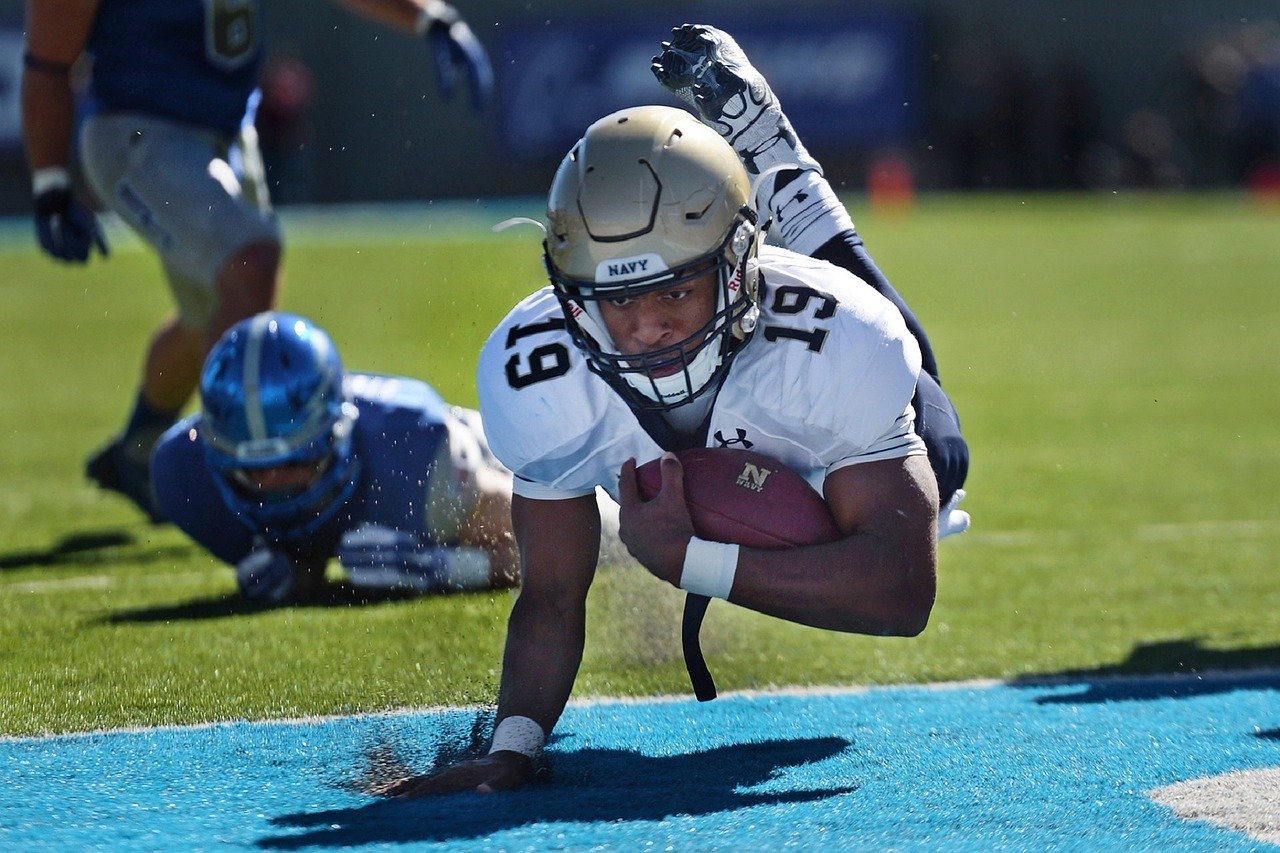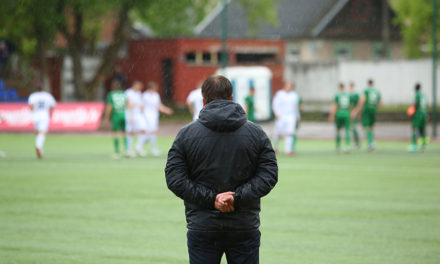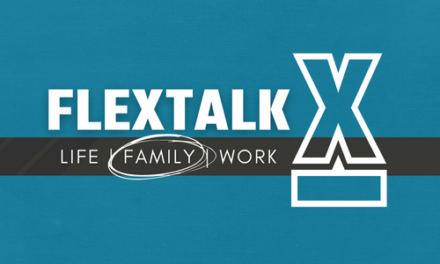Watch the video above and talk about it with a group or mentor. Learn more.
As a coach you are expected to do a lot of things for your athletes. You need to help them be the best they can be and perform as well as they can. This is only possible if your athletes take ownership.
Key Points:
- Are you working harder than your athlete? If you are that means your athlete isn’t taking ownership. That athlete is essentially relying on you to take care of everything. They aren’t investing in their own future on the team.
- You need to set expectations for your athletes. On the first day of practice let your team know what you expect from them both on and off the field. If they don’t know your expectations it’s likely they won’t live up to them, but if they are aware of them they can take more ownership in living up to them.
- There must be consequences if someone doesn’t live up to expectations. If you are investing time and effort into an athlete, then they should return the favor by performing adequately on and off the field. If they start to become lazy and don’t take ownership, you have to do something about it.
Quote This:
Never quit. It’s the easiest cop- out in the world. Set a goal and don’t quit until you attain it. When you do attain it, set another goal, and don’t quit until you reach it. Never quit. – Bear Bryant
Talk About It
- What is your initial reaction to this topic? What jumped out at you?
- Have you been investing more than your athletes? Explain.
- Why is taking ownership so important for athletes? What have you seen happen to team dynamics when athletes get lazy?
- What are your expectations for your athletes? Are your athletes aware of these expectations? Why or why not?
- How do you discipline an athlete who isn’t living up to expectations? Share practical examples if you have any.
- Write a personal action step based on this conversation.






